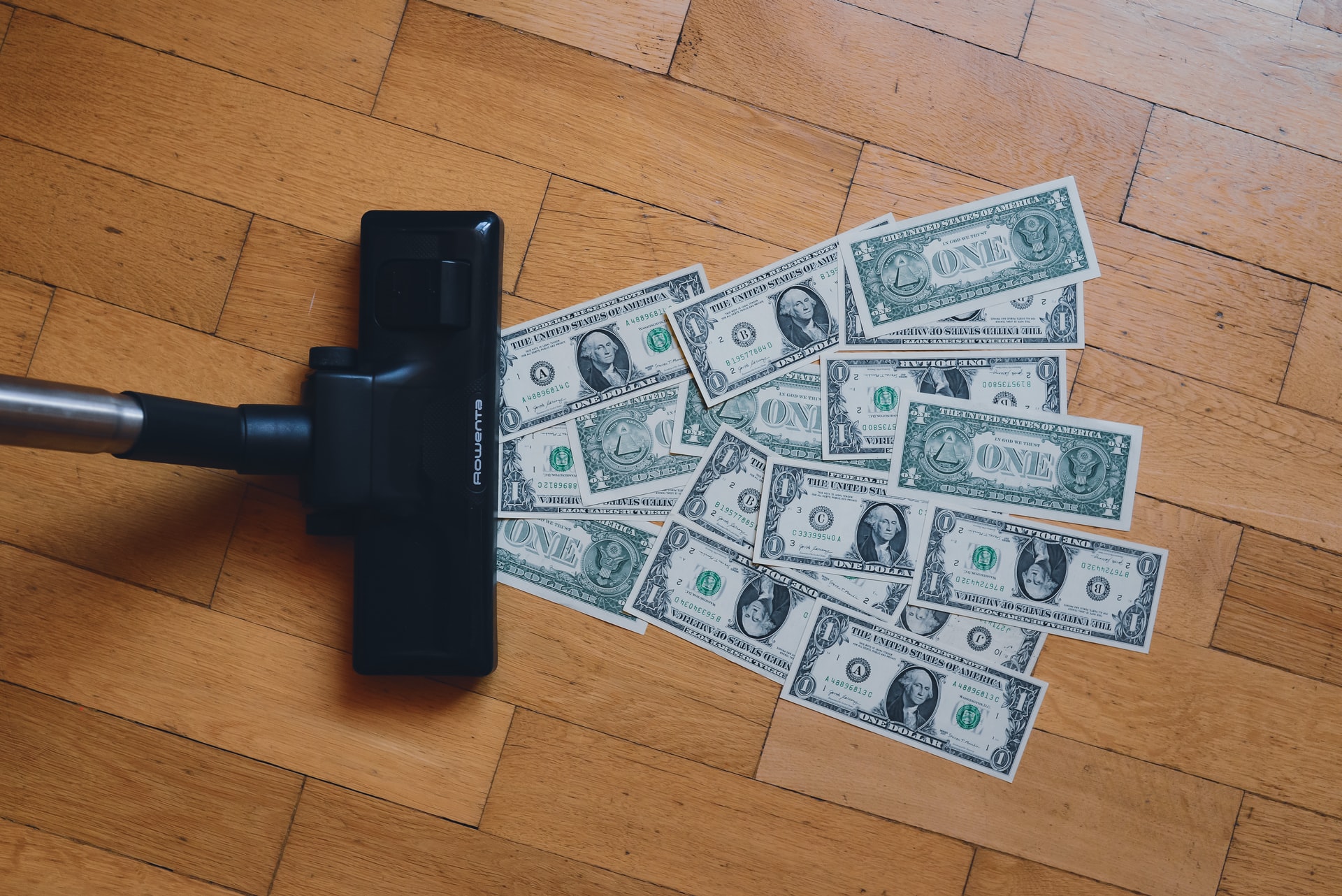
If you can’t afford to publish, please don’t.
You’ve written a book, and it’s amazing. Everyone who read the initial drafts loves it. They promise it will sell a million copies. But don’t throw money at it just yet. Because writers and debt make a bad combination.
Yes, Argyle Fox Publishing in the business of publishing books. We realize an article like this could hurt business. However, we would rather take a hit on our bottom line than put authors in a financial hole.
So if you’re thinking of publishing but don’t have the funds necessary, this article is for you.
Debt Is Avoidable
In traditional publishing, you don’t pay to publish. Rather, all debt falls on the publisher’s shoulders. It works like this.
Step One: Author writes a book.
Step Two: Author solicits an agent.
Step Three: If author lands an agent (which can take weeks, months, years, or a lifetime), the agent pitches the book to publishing houses.
Step Four: If a publishing house likes the book enough (which can take weeks, months, years, or a lifetime), they offer to publish.
At this point, the book goes through editing and a number of other steps. Eventually, the book publishes. This typically takes a year or longer after the agent finds a publisher.
In this scenario, writers and debt never meet. Rather, the money flows in one direction: from the publisher to the writer.
While a great setup, traditional publishing has its pitfalls. Many authors want more creative control and higher royalties, and they want their books published faster. Companies like Argyle Fox Publishing make that possible.
Argyle Fox and similar companies offer what is known as hybrid publishing. This model requires authors to pay to publish. It’s the opposite of traditional publishing, but for many, the fees are worth it. The financial investment ensures authors maintain creative control, earn higher royalties, and work with a shorter publishing timetable.
Keeping Writers and Debt Separated
While a great option, using Argyle Fox or a similar company isn’t always appropriate. It’s particularly dangerous for writers whose pocketbook is thin.
Don’t read that wrong. You don’t have to be rich to publish with Argyle Fox.
That said, we are more expensive than traditional publishing. As a result, writers and debt can come in contact when working with Argyle Fox. (Remember: in traditional publishing, you don’t pay the publisher. The publisher pays you.)
What should you do if you can’t afford to publish? Wait and save. Or do it yourself.
Whatever you do, don’t get a loan to fund your book publishing. It will make your experience miserable.
Will you eventually sell enough books to pay off your loan? Hopefully, and you will make more profit per book than with traditional publishing. But in publishing, there are no guarantees. Unless you’re a celebrity or a well-established author, book sales don’t come easily. (Actually, they don’t always come easily to celebrities either.)
By borrowing money to publish, you’ll start out on the wrong foot. You’ll stress nonstop about book sales.
Don’t sell enough, and you’ll regret your publishing decision. You may even grow to hate your book, which you worked so hard to write.
We don’t want that for our authors. We don’t want that for anyone.
So if you’re considering a loan to publish your book, don’t do it. If you’re considering spending your last penny to publish a book, don’t do it. You’ll be desperate, and no one wants to buy from a desperate person. They want to buy books from someone who is excited and passionate about their books.
Why We Keep Writers and Debt from Meeting
Some publishers have packages ranging from $10,000 to $40,000 and beyond. They promise book sales and reviews. But remember—there are no guarantees in the world of publishing.
With that in mind, no publishing contract is worth introducing writers and debt to one another.
We love publishing great books. But we’re not just publishers. We’re people, and we care about writers. We care about you.
That’s why we won’t publish your book if it will put you in a bad financial position. We would rather you pay rent and keep food on the table. Crowdfunding also has its problems, so we don’t recommend authors use Kickstarter.
So, start pinching your pennies. Save a little money every month. Look under the couch cushions. Sell those unused dishes in the kitchen cabinet. Or find a side gig to come up with some extra cash.
Toss all those extra pennies in a jar. When you have enough cash, publish! Just don’t go into debt. Otherwise, your publishing dream may turn into a nightmare.
